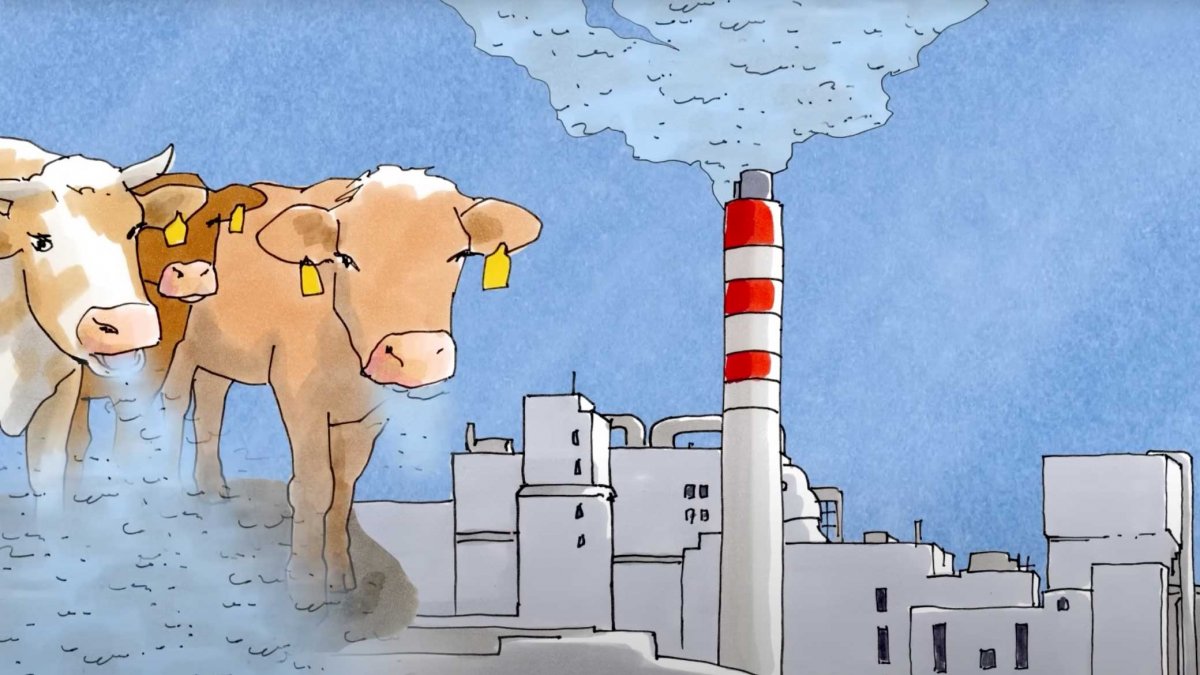On Sunday, 59.1 percent of the Swiss electorate voted in favor of the proposed climate protection law. This means that the plan to make Switzerland climate-neutral by 2050 has been finalised. Two years ago, the Swiss voted against a law that would have used financial incentives and investments to help cut the country’s CO₂ emissions in half by 2030.
The electorate has now agreed that the government should use financial incentives to move away from oil and gas heating systems as well as old electric heating systems and provide 200 million francs (204 million euros) a year for this purpose. Companies are to be supported in the transition to climate-friendly technologies and up to 200 million francs are allocated for them each year.
As interim targets, greenhouse gas emissions in Switzerland are to be reduced by 75% by 2040 compared to 1990 levels and by at least 89% on average for the years 2041 to 2050. The Confederation and the cantons will ensure that storage facilities carbon emissions are available in Switzerland and abroad by 2050 at the latest. The construction, transport and industrial sectors have various intermediate targets. Swiss buildings are expected to reduce their CO₂ emissions by 82% by 2040, traffic by 57% and industry by 50%.
CO₂ storage
Industry must not become climate neutral by 2050; by then the law provides for a 90% reduction in CO₂ emissions. Remaining greenhouse gas emissions, unavoidable for example in agriculture or waste incineration, must be reduced by techniques that extract CO₂ from chimneys or the atmosphere and fix it permanently in forests, soil, wood products or other carbon deposits. Companies that draw up roadmaps by 2029 on how they want to become climate-neutral should receive financial help.
Opponents of the project fear that climate protection conversions will lead to a massive increase in inflation and high costs. Switzerland currently still imports around three-quarters of its energy. Against resistance from landscape conservationists, large parks with solar panels are being planned in the Alps.
nuclear option
The Swiss media like it quotes the NZZ FDP chairman Thierry Burkart, according to which new large power plants should ensure security of supply in winter. Nuclear power plants are better than natural gas ones. Ruedi Noser, FDP member of the Council of States, spoke of longer deadlines for nuclear power plants and reduced permits for nuclear power plants built on existing sites. Already two years ago the Swiss government had spoken of possible extensions of the useful life of the four local nuclear power plants. The SVP, which has long been calling for new nuclear power plants, intervened on Sunday after the vote with its request.
In Switzerland, the popular initiative “For a healthy climate” was presented in 2019. With this “Glacier Initiative” the consumption of oil, petrol, diesel and natural gas would have been banned from 2050. The Federal Council and Parliament have gone too far. The Parliament therefore drafted an indirect counter-proposal.
In Germany, which also wants to become climate-neutral by 2050, the federal government tabled an amendment to the climate protection law last week. It foresees that compliance with climate objectives will no longer be verified retrospectively for the various sectors of energy, industry, transport, agriculture, construction and waste management, but will instead be prospective, multiannual and cross-sectoral.
(application)




